As accusations of secrecy and confusion continue over the salmonella outbreak at a Ballarat pizza joint (that’s in Australia, state of Victoria), that sickened 18 and killed one, another local council has said an eatery was incorrectly named and shamed by the health department and the Herald Sun for a food poisoning outbreak.
The Warrnambool Standard reports council staff yesterday declared that the Department of Health got it wrong in its attribution of a salmonella outbreak to Warrnambool’s Sushi & Noodle Canteen.
“Our guys don’t believe that place was the source of the outbreak,” council chief executive Bruce Anson said.
“They reckon (Sushi & Noodle Canteen) is the cleanest place in town. It’s where our health guys buy their sushi. Our guys just don’t believe it’s him … and it could put this poor bloke out of 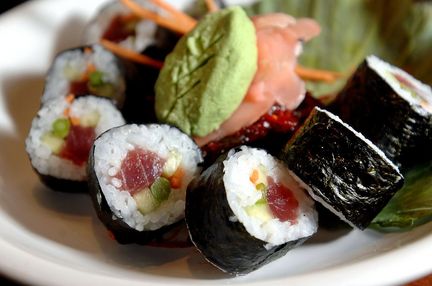 business. We’re seriously concerned this bloke’s been unduly blamed when there was no direct evidence.”
business. We’re seriously concerned this bloke’s been unduly blamed when there was no direct evidence.”
Mr Anson called the health department’s reporting of the Sushi & Noodle Canteen a “statistical issue (rather) than an error”, but unfortunately for the eatery’s owners, that report was used as the basis of a story in Saturday’s Herald Sun. The matter stems from an incident in January last year when seven people from one family contracted salmonella and presented at hospital.
As per protocol, the hospital informed the health department and, according to Mr Anson, informed them that three of the seven people had eaten noodles.
“Not all seven had eaten noodles (but) our guys went through the place from top to bottom, tested all this stuff, looked at all his food storage, cooking processes, checked temperatures … but they found no evidence to say it was him,” Mr Anson said.
“This name and shame stuff is fine … when it’s someone who’s done it 27 times … and is clearly crooked. But we think they’re wrong here (and) it affects this guy and his business.”
In an official statement yesterday, Warrnambool council’s health and local laws manager Murray Murfett said “council investigated an outbreak of salmonella in January last year and found no conclusive evidence linking the outbreak to the Sushi & Noodle Canteen.”
“Council advised the Department of Health that it could not establish a link between the outbreak and any local food outlet,” Mr Murfett said.
But health department senior media adviser Graeme Walker yesterday said the department stood by the report.
“Our public health people found there was direct evidence of the place identified being involved in a small cluster of food safety issues,” Mr Walker said.
Sushi & Noodle Canteen owner Steven Wei said he was perplexed by the Herald Sun article.
“In my shop, everything is clean and the council people come here and double check,” Mr Wei said. “They say everything is good. My shop being in the newspaper like that is not good for business.”
.jpg) menu, claiming it is akin to "serving poodle burgers at a dog show."
menu, claiming it is akin to "serving poodle burgers at a dog show."
(1).jpg) third time in six months after a child fell ill from salmonella.
third time in six months after a child fell ill from salmonella..jpg) contamination and hygienic practices, are in decline, according to Curtin University.
contamination and hygienic practices, are in decline, according to Curtin University.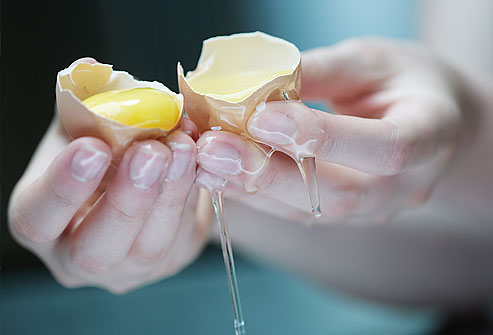 affected more than a dozen people.
affected more than a dozen people.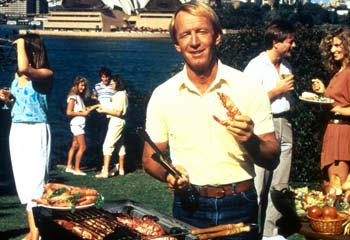 eastern seaboard of New Holland. The Brits viewed the settlement as necessary because of the loss of the 13 colonies in North America. The locals didn’t think it was that necessary.
eastern seaboard of New Holland. The Brits viewed the settlement as necessary because of the loss of the 13 colonies in North America. The locals didn’t think it was that necessary..jpg) Flowerdale north of Melbourne, and the other in Gippsland in Victoria’s south east.
Flowerdale north of Melbourne, and the other in Gippsland in Victoria’s south east.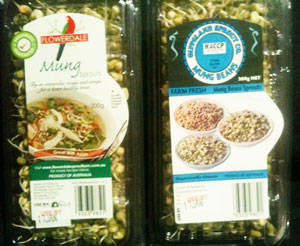
 business. We’re seriously concerned this bloke’s been unduly blamed when there was no direct evidence.”
business. We’re seriously concerned this bloke’s been unduly blamed when there was no direct evidence.”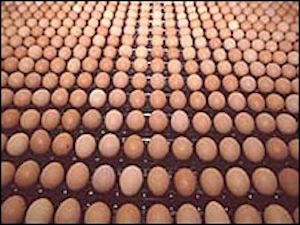 linked to a Ballarat pizza joint.
linked to a Ballarat pizza joint. The salmonella outbreak has been traced to undercooked pizzas containing egg.
The salmonella outbreak has been traced to undercooked pizzas containing egg.(1).jpeg) overhaul of the business’s food-handling procedures.
overhaul of the business’s food-handling procedures.